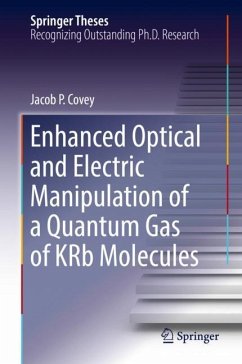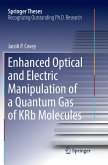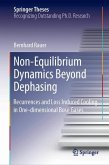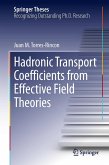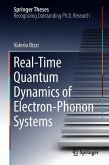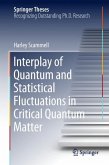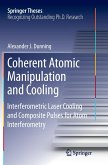This thesis describes significant advances in experimental capabilities using ultracold polar molecules. While ultracold polar molecules are an idyllic platform for quantum chemistry and quantum many-body physics, molecular samples prior to this work failed to be quantum degenerate, were plagued by chemical reactions, and lacked any evidence of many-body physics. These limitations were overcome by loading molecules into an optical lattice to control and eliminate collisions and hence chemical reactions. This led to observations of many-body spin dynamics using rotational states as a pseudo-spin, and the realization of quantum magnetism with long-range interactions and strong many-body correlations.
Further, a 'quantum synthesis' technique based on atomic insulators allowed the author to increase the filling fraction of the molecules in the lattice to 30%, a substantial advance which corresponds to an entropy-per-molecule entering the quantum degenerate regime and surpasses the so-called percolations threshold where long-range spin propagation is expected.
Lastly, this work describes the design, construction, testing, and implementation of a novel apparatus for controlling polar molecules. It provides access to: high-resolution molecular detection and addressing; large, versatile static electric fields; and microwave-frequency electric fields for driving rotational transitions with arbitrary polarization. Further, the yield of molecules in this apparatus has been demonstrated to exceed 10^5, which is a substantial improvement beyond the prior apparatus, and an excellent starting condition for direct evaporative cooling to quantum degeneracy.
Further, a 'quantum synthesis' technique based on atomic insulators allowed the author to increase the filling fraction of the molecules in the lattice to 30%, a substantial advance which corresponds to an entropy-per-molecule entering the quantum degenerate regime and surpasses the so-called percolations threshold where long-range spin propagation is expected.
Lastly, this work describes the design, construction, testing, and implementation of a novel apparatus for controlling polar molecules. It provides access to: high-resolution molecular detection and addressing; large, versatile static electric fields; and microwave-frequency electric fields for driving rotational transitions with arbitrary polarization. Further, the yield of molecules in this apparatus has been demonstrated to exceed 10^5, which is a substantial improvement beyond the prior apparatus, and an excellent starting condition for direct evaporative cooling to quantum degeneracy.

